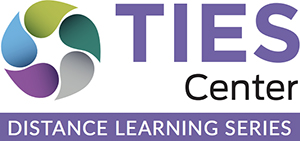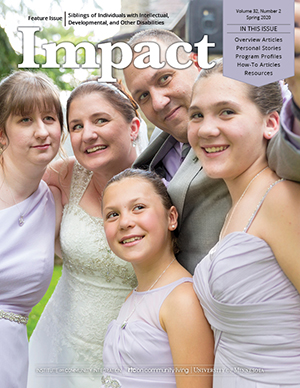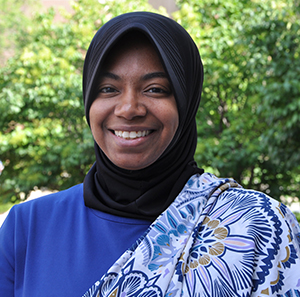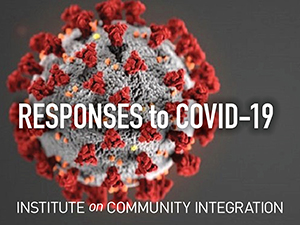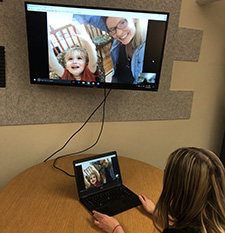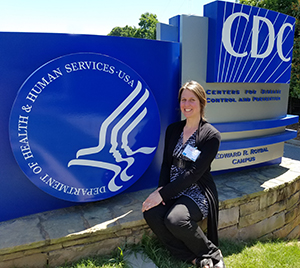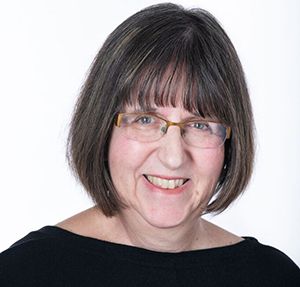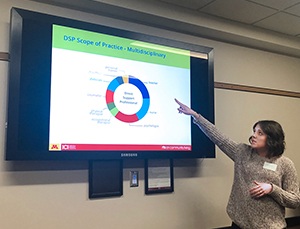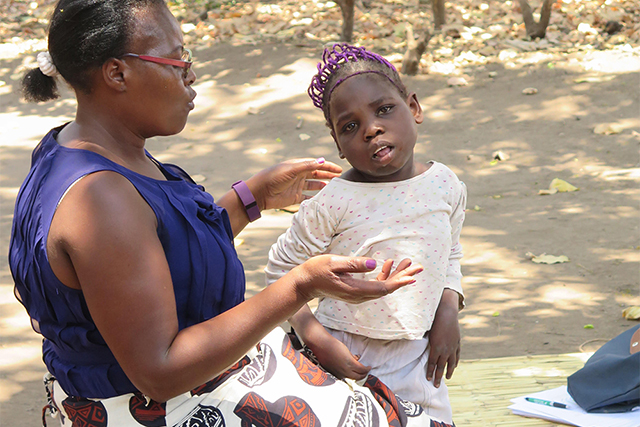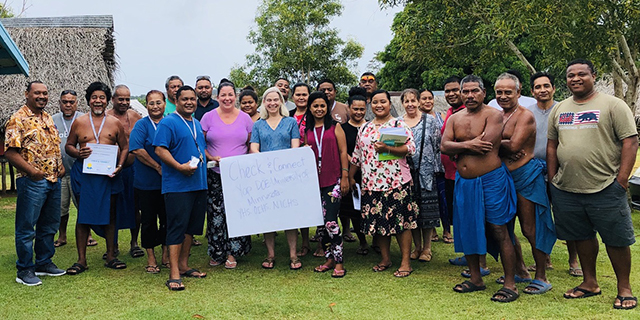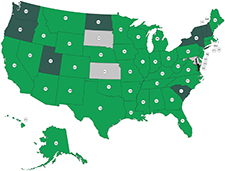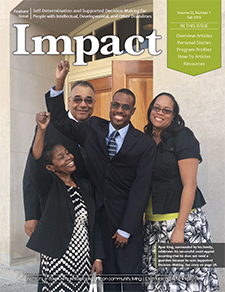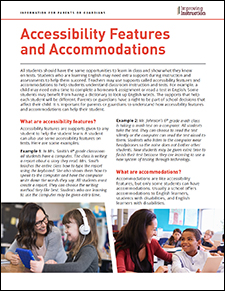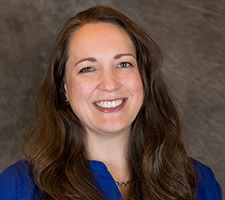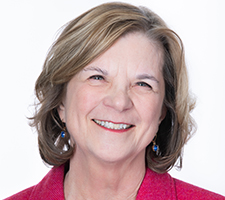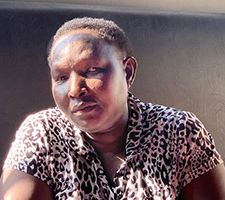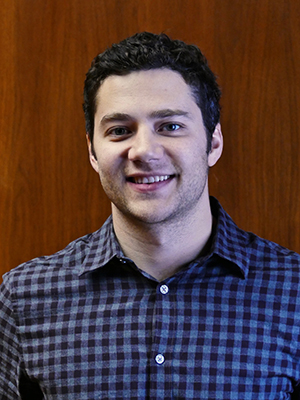
Driven by the disparity between the rights people with disabilities have and the rights they can actually exercise, Patrick Mitchell is leading self-advocacy projects around Minnesota and pursuing a graduate degree in non-profit administration.
Mitchell is a master’s degree candidate at Metropolitan State University in St. Paul, a role he decided to take on after completing a Minnesota Leadership Education in Neurodevelopmental and related Disabilities (MNLEND) fellowship at the College’s Institute on Community Integration in the 2018–19 academic year. He also serves as program director for Advocating Change Together (ACT), a grassroots disability rights organization.
“ACT is a small self-advocacy non-profit with a big reach,” Mitchell said. The organization has six community organizers around the state who offer a variety of self-advocacy programs. One popular series offers 36 sessions on personal empowerment, disability rights, and connecting people with disabilities to their communities, for example.
Among the organization’s recent efforts is a “Tour of Homes,” that takes people with disabilities through several types of successful independent or near-independent housing arrangements. ACT also helps people with disabilities join recreational and other club activities in their communities.
Mitchell’s career has been shaped by a life-long interest in social justice and fairness. While an undergraduate student at University of Minnesota-Duluth, Mitchell worked at a group home for people with disabilities.
“It was shocking to see the more medical model, where there were protocols for various behavioral symptoms. It felt dehumanizing, and it stuck with me,” he said. “Later I had better experiences with the system, working as an employment coach. And then finding the self-advocacy movement was just really exciting.”
That passion is evident as Mitchell describes his work today.
“Hard-fought legal rights for people with disabilities mean little if they are used by the disability service system to promote segregation,” he said. “For some people, virtually their whole lives are planned by staff members at group homes and day programs, and the system reinforces that, leaving little room to make friends, socialize, and participate in the community outside that system. So many things prevent people from breaking out of that service bubble.”
Mitchell’s background added an important self-advocacy voice to the MNLEND program, and in turn, he said, he gained a more nuanced understanding of the medical and child development fields’ roles today. Cross-disciplinary work is a key MNLEND component that promotes sharing of the most promising practices and services among fields that serve people with neurodevelopmental and developmental disabilities. “It was great to be surrounded by talented, diverse professionals from the disability field,” he said. “We found a path between affirming peoples’ lives as they are and recognizing that there may be some ways to improve things.”

